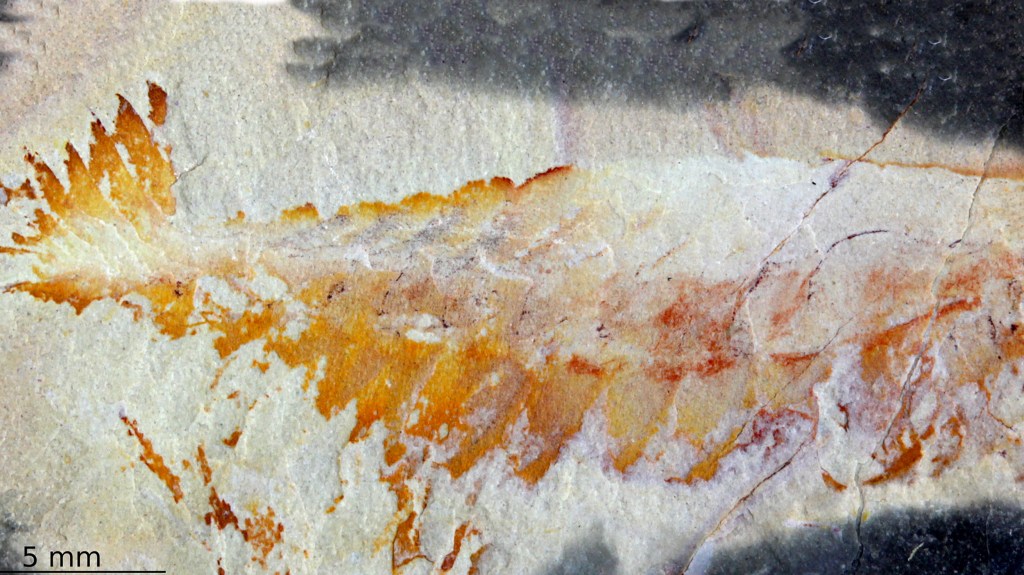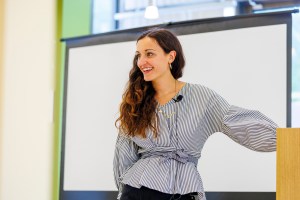Science & Tech
-
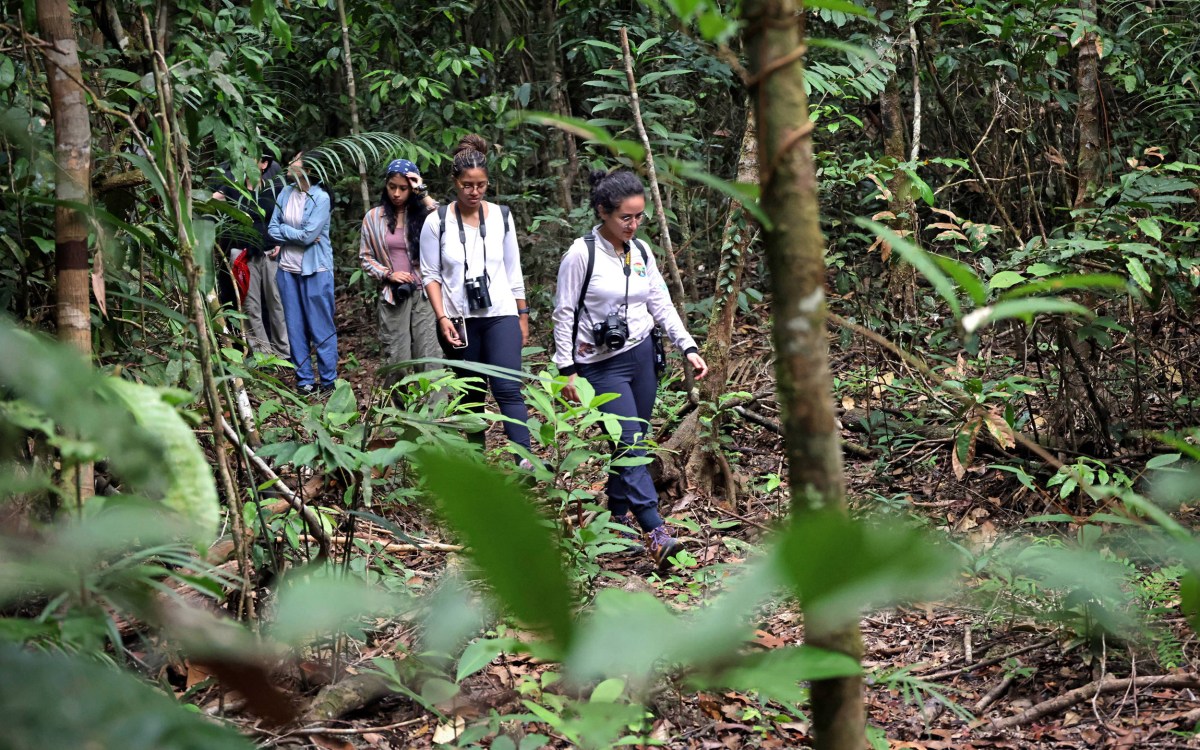
Journey to a key front in climate-change fight
Amazon immersion fosters partnerships, offers students, researchers hard look at threats to economic security, environment of rainforest as Earth warms
-
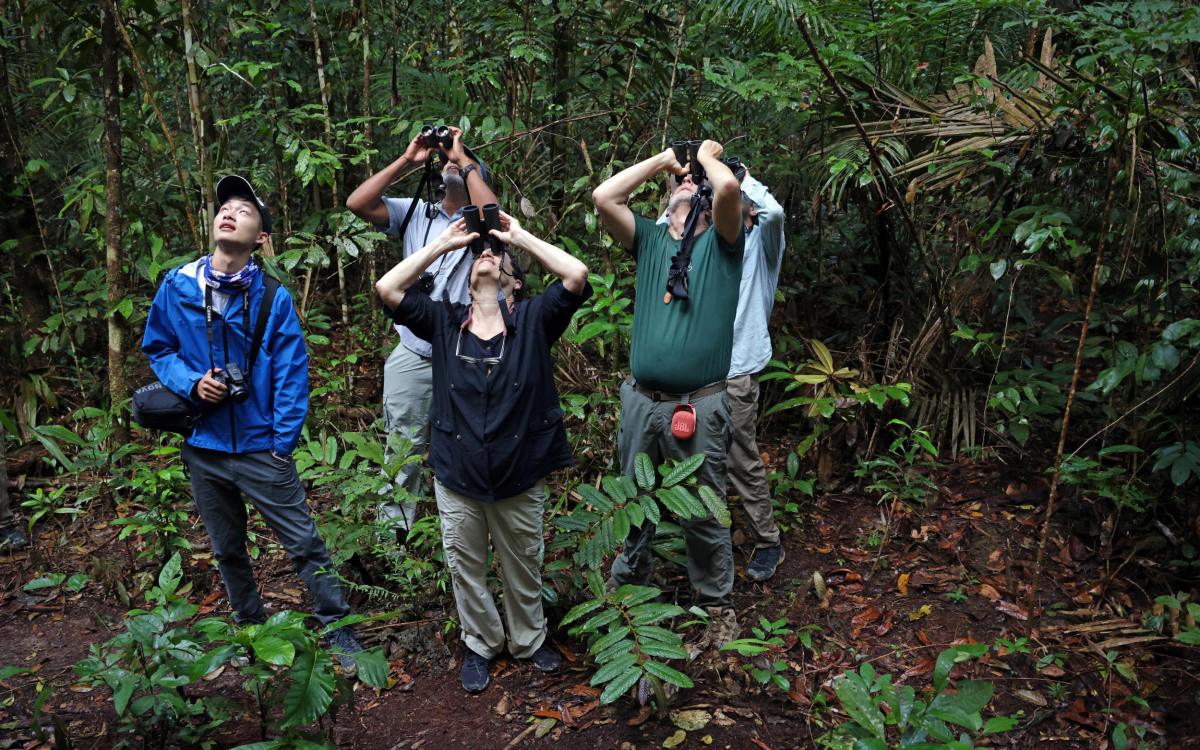
A birder’s biggest enemy in rainforest: complacency
Senior integrative biology concentrator spots 121 species during research, teaching intensive in Amazon
-
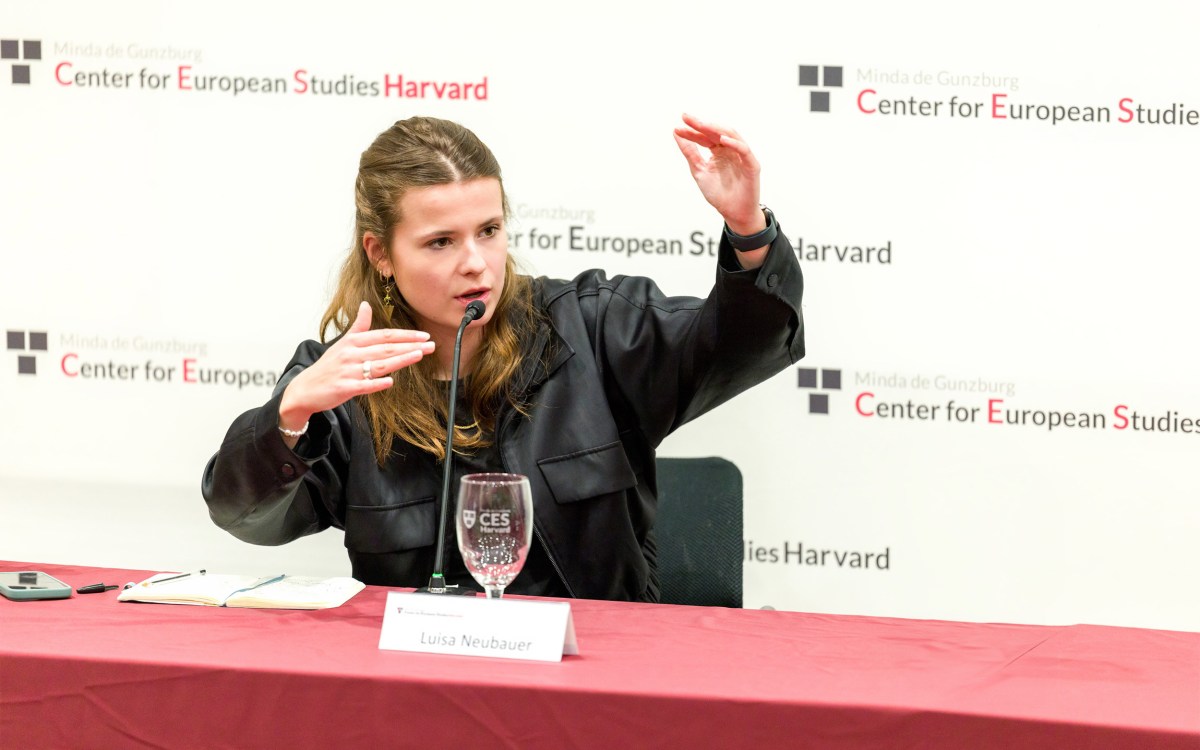
Redefining the good life
Climate activist urges people to counter a culture run on fear and fossil fuel
-
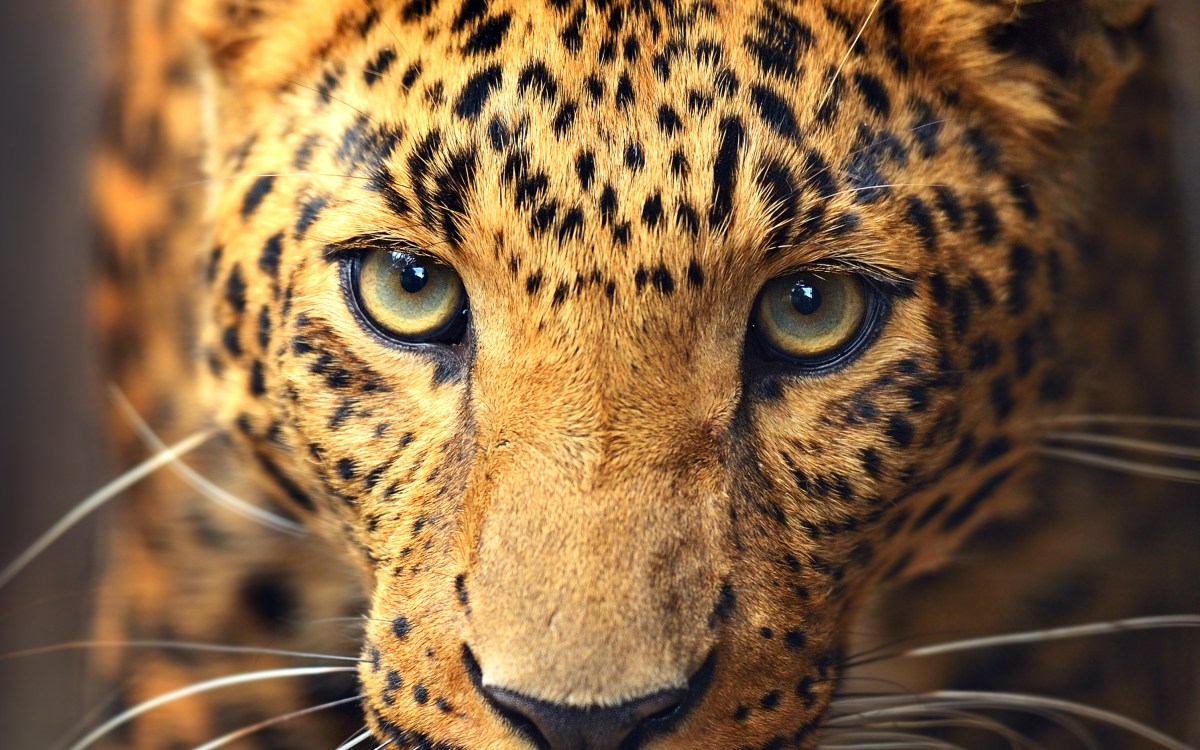
Blue, green, gold: Why eyes of wild cats vary in color
Study traces iris diversity to gray-eyed ancestor
Part of the Findings series -

An idea with legs
Research suggests the scuttling sea robin may serve as evolutionary model for trait development, including in humans
Part of the Findings series -
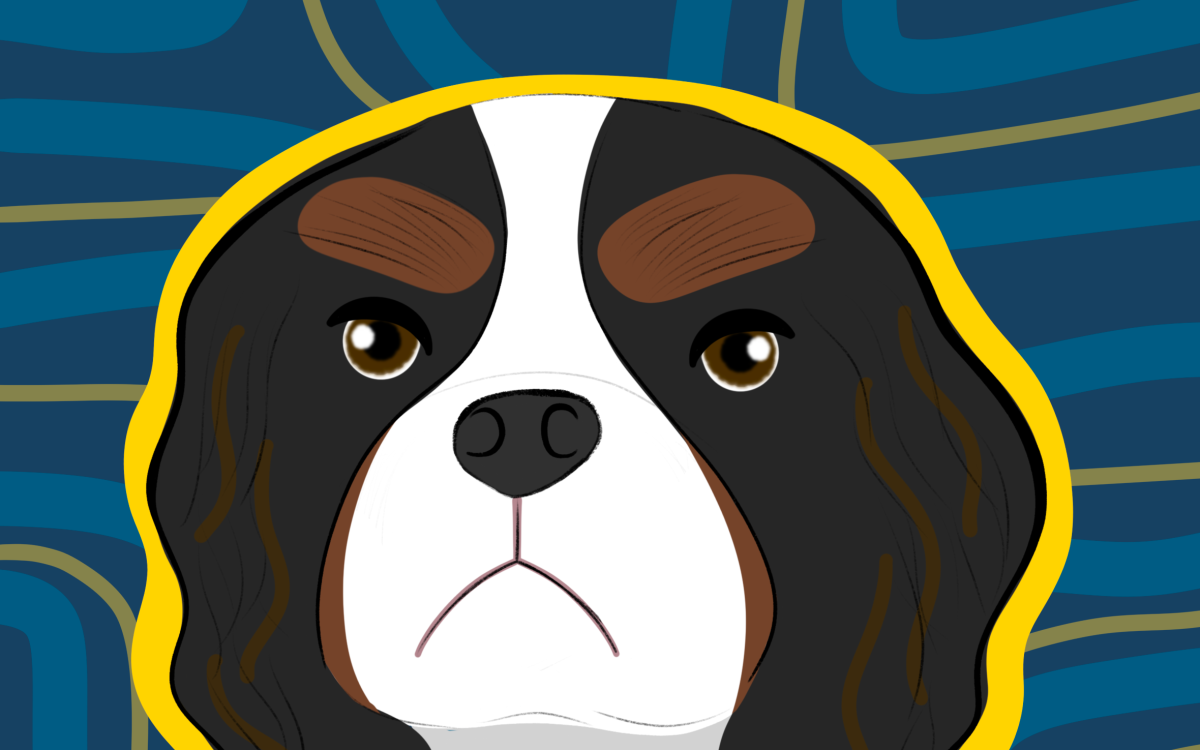
How well do you know your dog?
Take our quiz based on new Netflix documentary featuring Harvard researcher
-
How the brain responds to infection
Study illuminates connections to immune system.
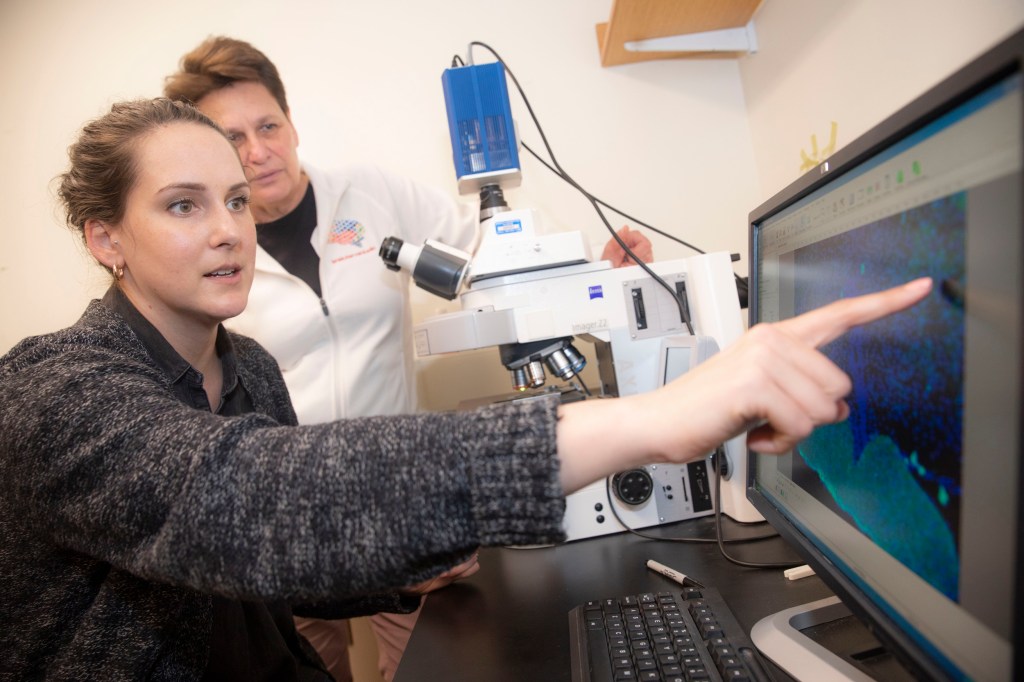
-
Thoreau’s flowers shine light on climate change
‘In Search of Thoreau’s Flowers: An Exploration of Change and Loss’ exhibition marries art and science at Harvard Museum of Natural History.

-
The language of dreams
Proficiency, place, emotion, or something else? These late-night conversations defy easy explanation.

-
10 teams tackle climate change
Ten research teams at Harvard will share $1.3 million in the eighth round of the Climate Change Solutions Fund awards, which address both local and global issues.
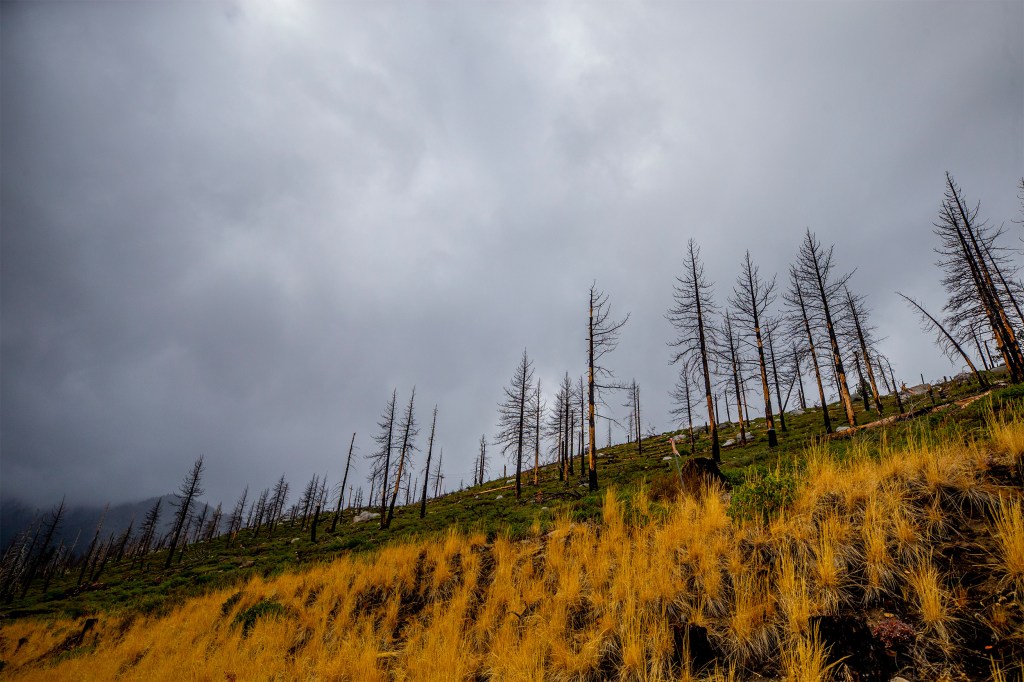
-
‘The dawn of a new era in astronomy’
Harvard scientists discuss what the quest to image black holes could tell us about our universe.

-
First image of black hole at the heart of Milky Way
Pioneering Harvard-led global collaborative unveils latest portrait, bolstering understanding of relativity, gravity.
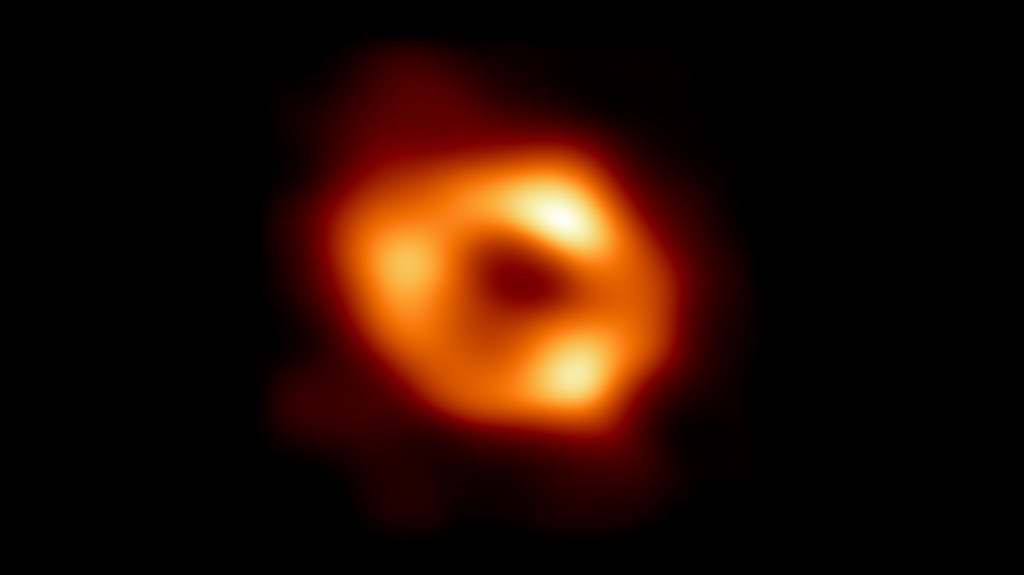
-
A tour of the brain’s life span, complete with upside-down vision
A new book illustrates how one cell develops into the complex operational centers that not only make us human, but also individuals.
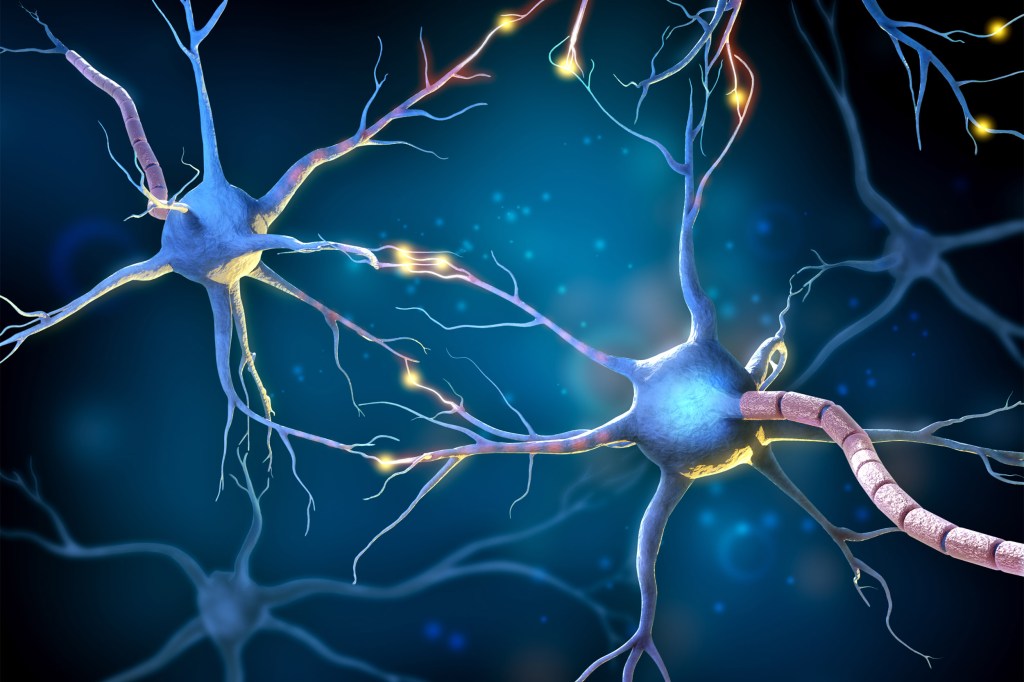
-
Lessons on diplomacy, sustainability of International Space Station
Soyeon Yi, the first Korean astronaut, details her experiences with Americans and Russians while on a mission on the International Space Station.
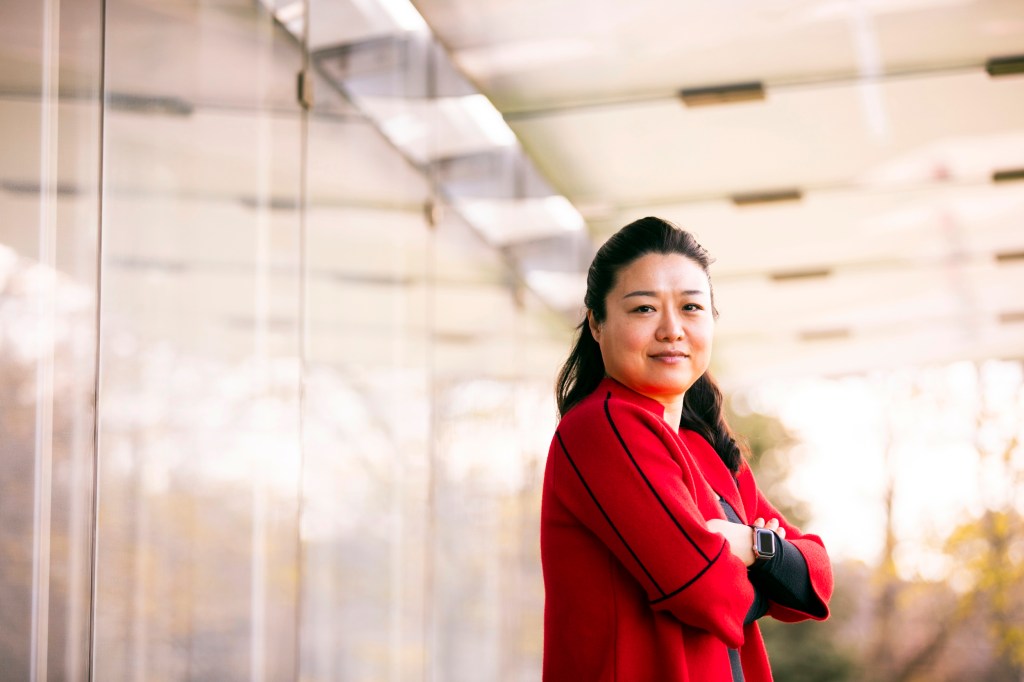
-
Zircons (and the secrets they hold) are forever
Harvard-led researchers detect some of the earliest evidence for modern-like plate motion.
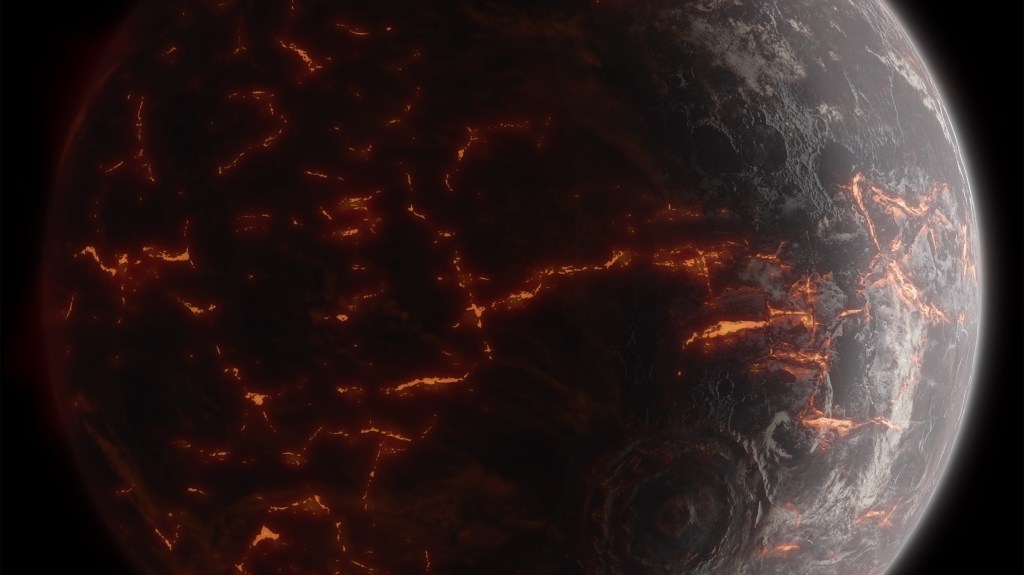
-
They’re less terrifying than you think — but still, those teeth
Bellono Lab gets new addition, piranhas. Now it’s time to study their eating habits.
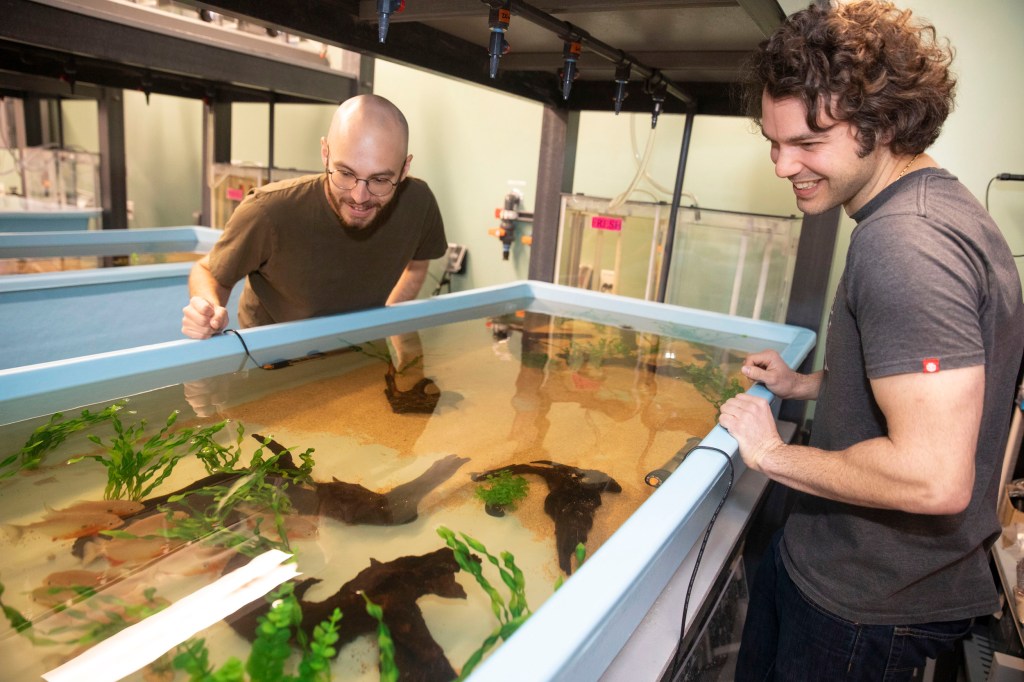
-
Scientific discovery gets kind of government seal of approval
Harvard student Amir Siraj ’22 and Professor Avi Loeb have found the earliest known meteor from another solar system to hit Earth, with the results confirmed by U.S. Space Force.
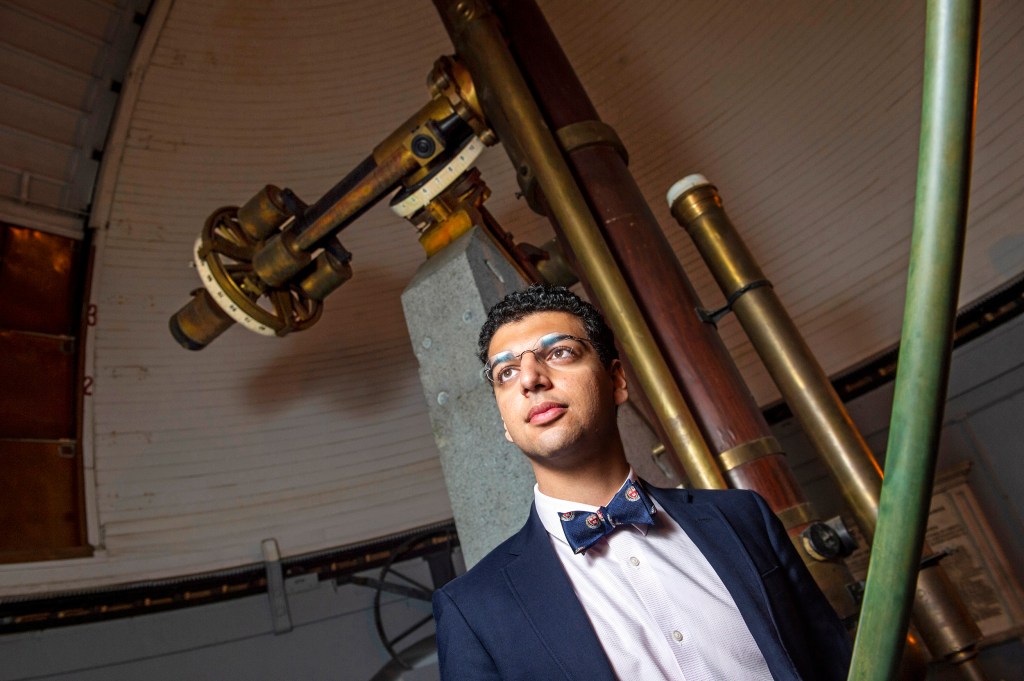
-
New approach may help clear hurdle to large-scale quantum computing
A team of physicists have created a new method for shuttling entangled atoms in a quantum processor at the forefront for building large-scale programmable quantum machines.
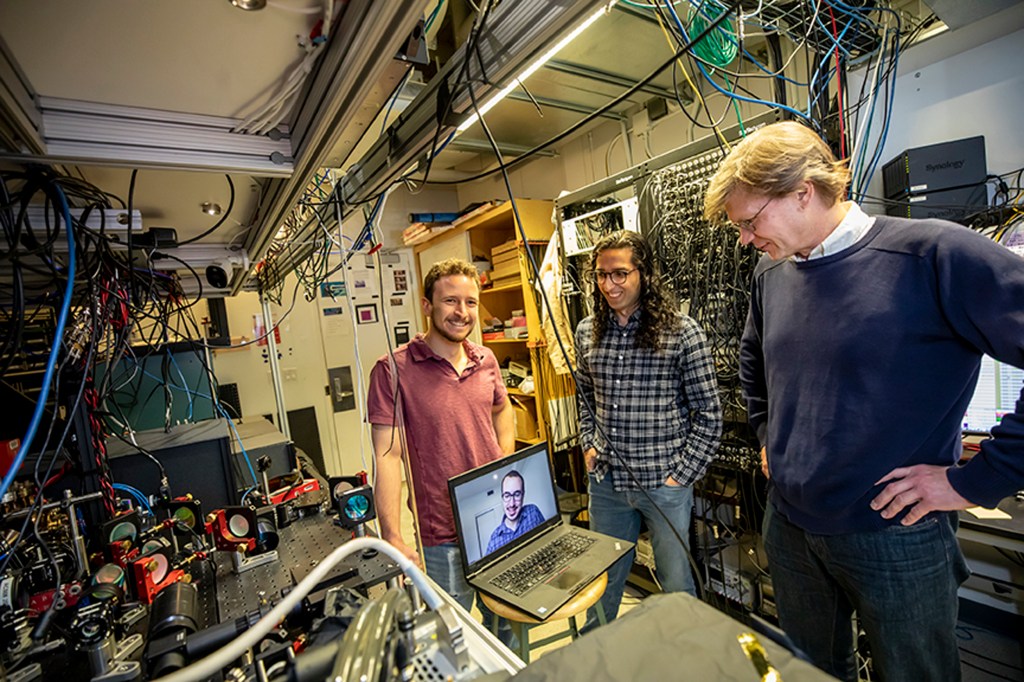
-
Representation making difference
Three physics Rhodes Scholars reflect on ways female mentorship helped them, importance of paying it forward.

-
Way forward on climate change
The panel of experts looked at success and failures since the first Earth Day in 1970.
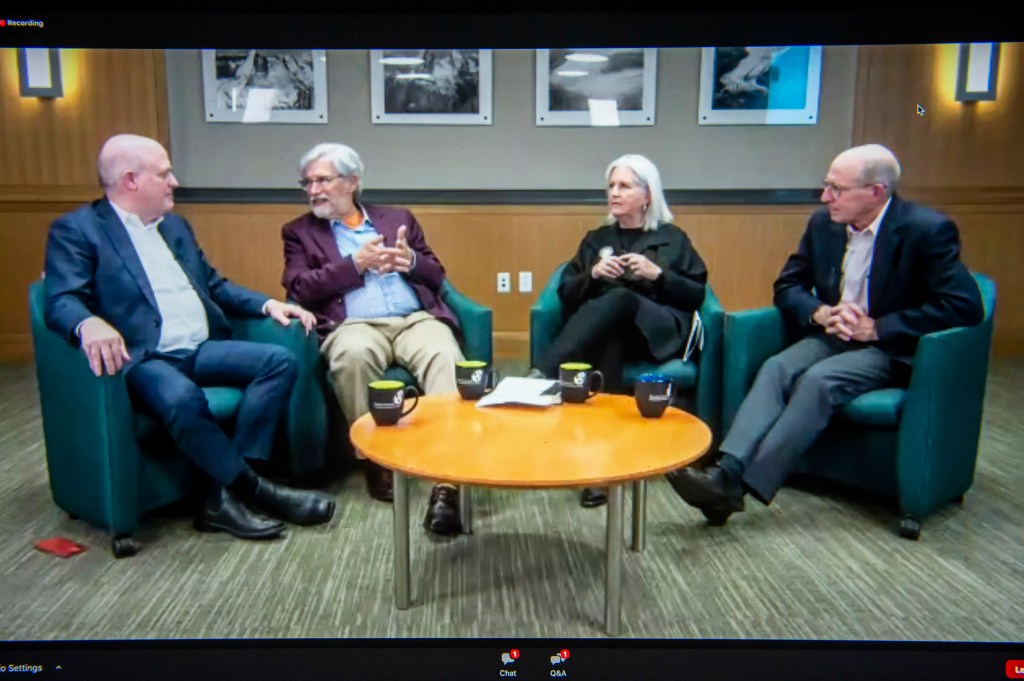
-
Relocating farmland to cut carbon emissions amid warming world
Reimagined world map of agriculture could turn back clock 20 years on carbon emissions.

-
6 things to know about Earth
Andrew Knoll, Harvard’s Fisher Research Professor of Natural History and author of the recent popular science book “A Brief History of Earth: Four Billion Years in Eight Chapters,” shares six facts about the Earth.
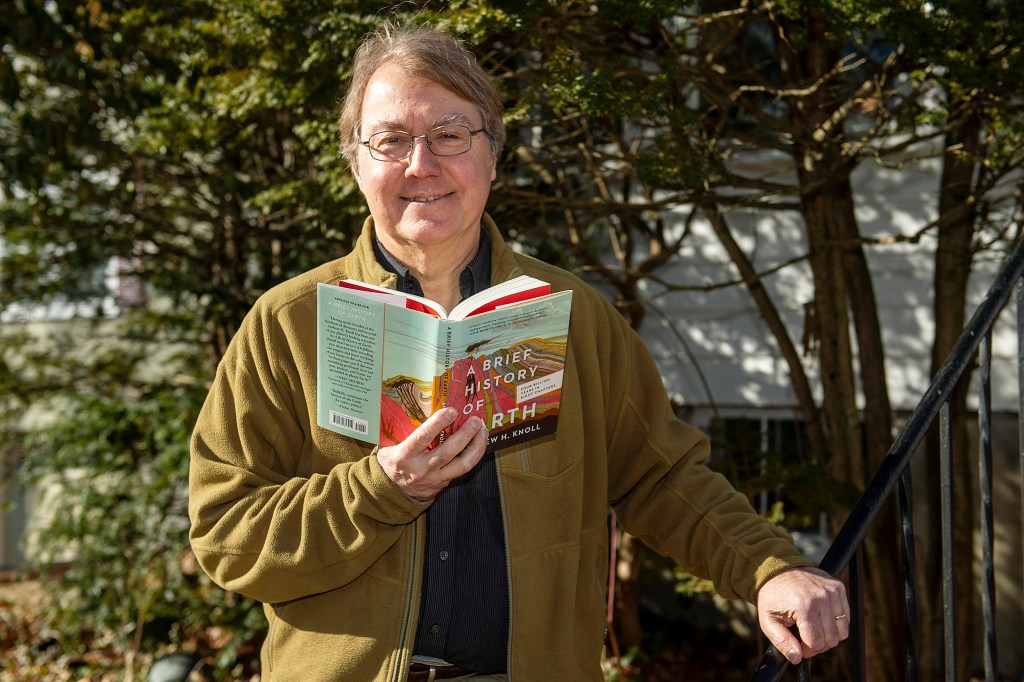
-
Making 3D printing truly 3D
Harvard researchers present a new method of volumetric 3D printing.
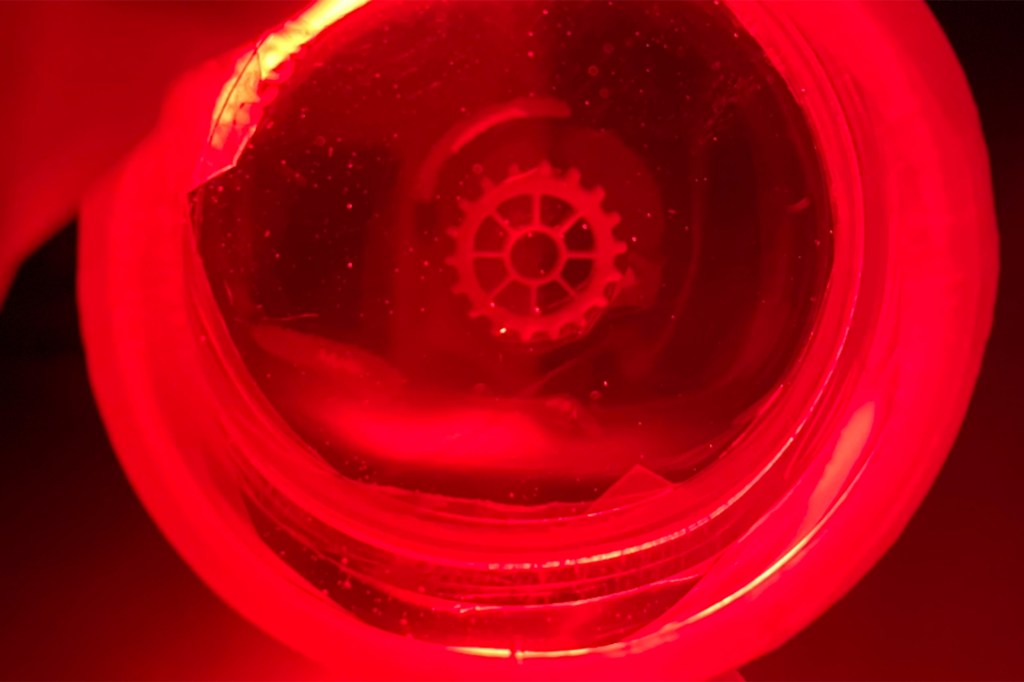
-
Forgetting, fast and slow
Forgetting generates changes in the brain and does not reverse the learning process, Harvard study finds.
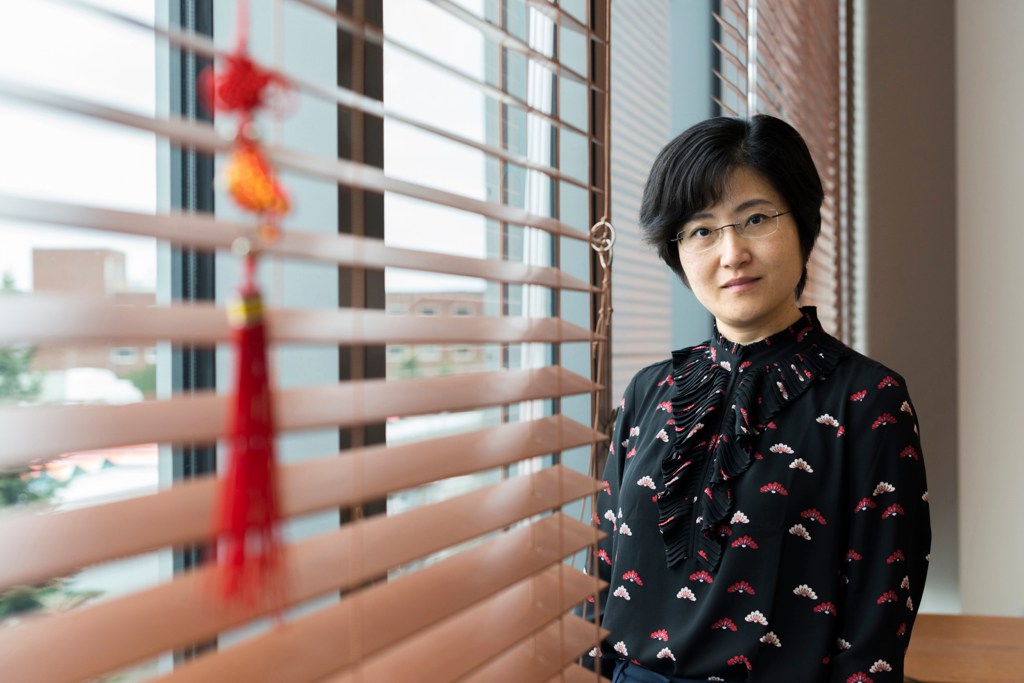
-
Altruism may not seem to make sense until you dig deep
In their new book, two Harvard scholars suggest that a subconscious process can help us understand everything from our aesthetic tastes to our altruism.
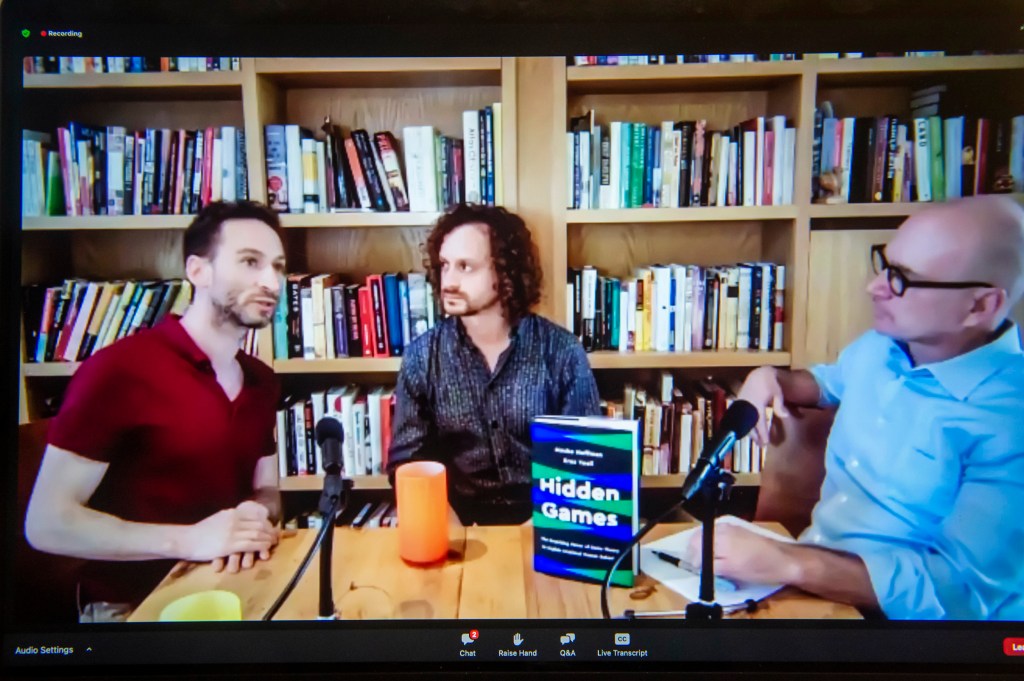
-
It’s not easy being your brain
Stephen Fleming, author of “Know Thyself: The Science of Self-Awareness,” explains the importance of “thinking about thinking.”
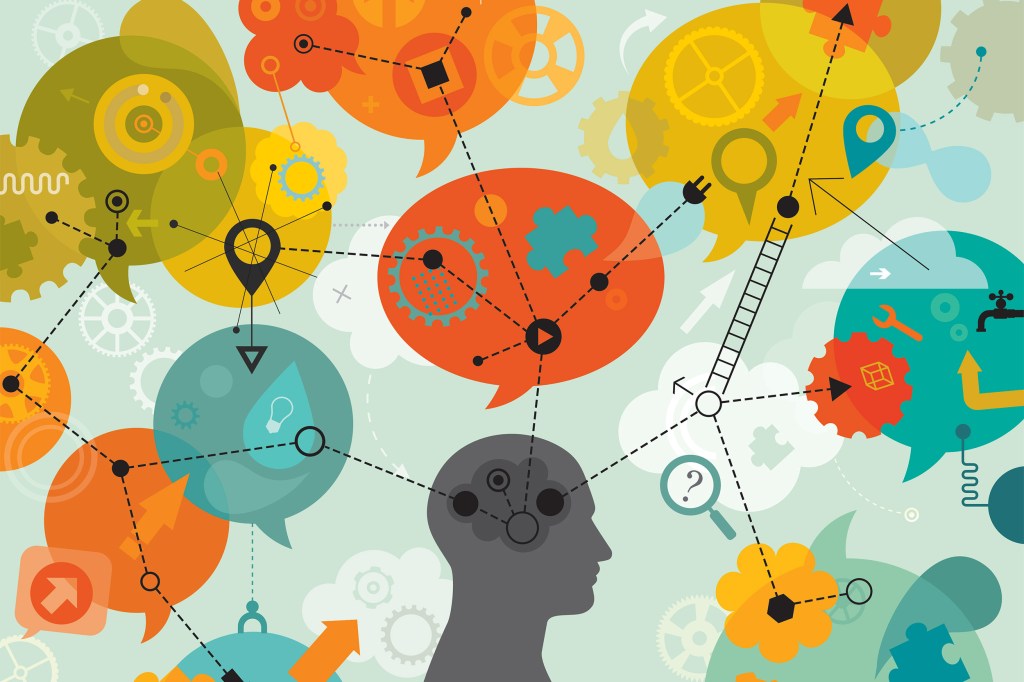
-
Scientists have spotted farthest galaxy on record
A galaxy, some 13.5 billion light-years away, is now considered the most distant astronomical object ever spotted, leaving scientists to speculate exactly what the galaxy is.
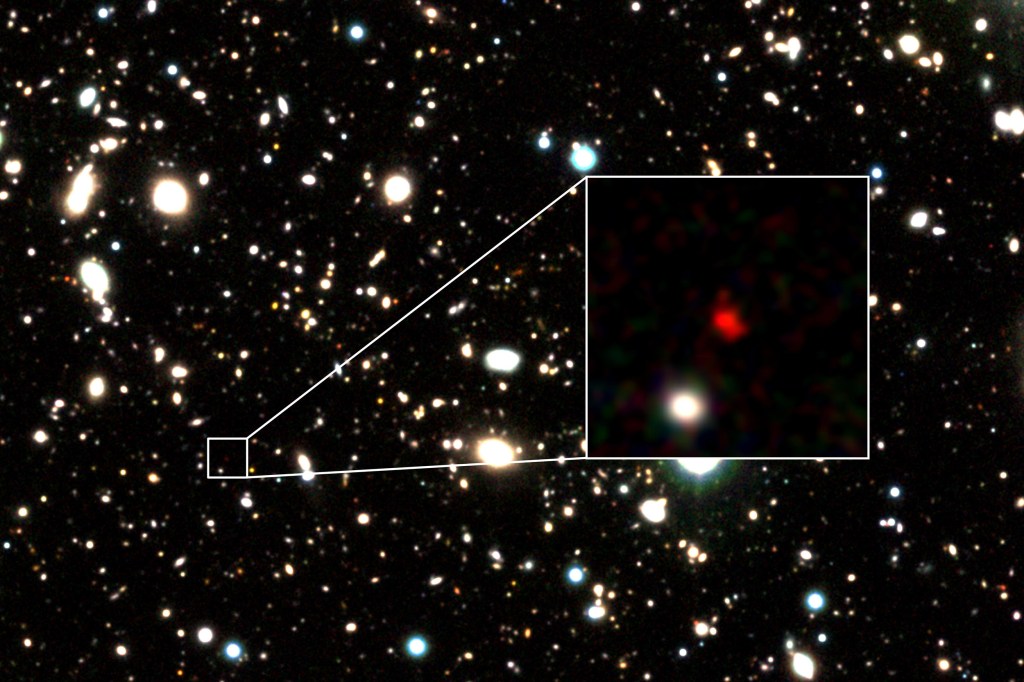
-
You call that a wildcat?
Hopi Hoekstra documents whether NCAA team mascots are really what they say they are. Here’s a bracket-buster: Many of them aren’t.
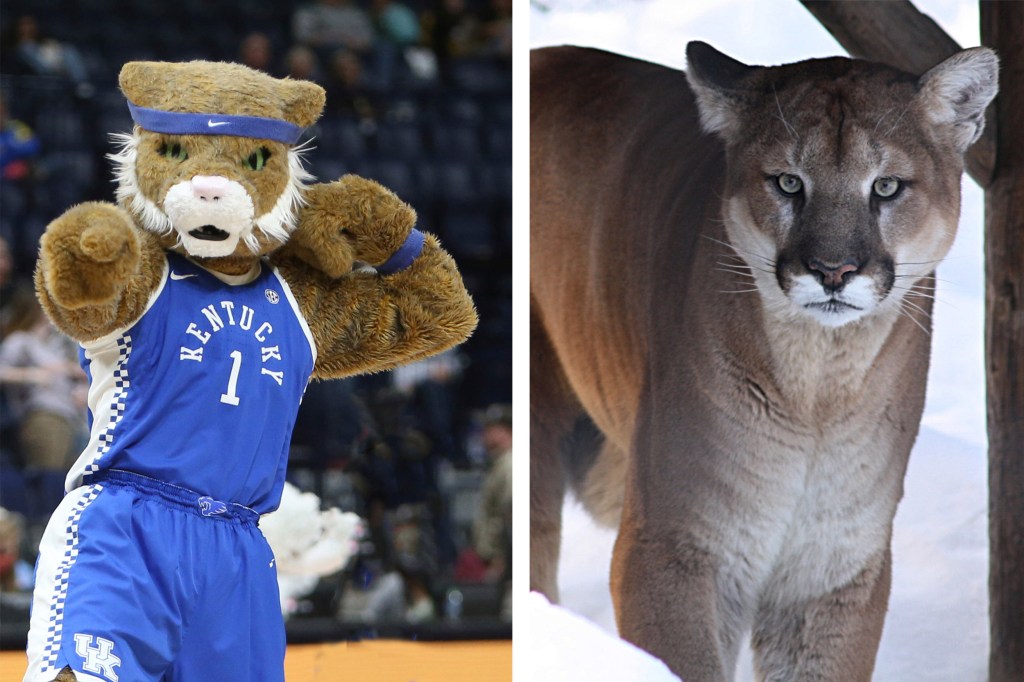
-
Whimsical steampunk tour of quantum thermodynamics
New book uses examples of a genre that blends futuristic technology with Victorian style to explain concepts of revolutionary new science.
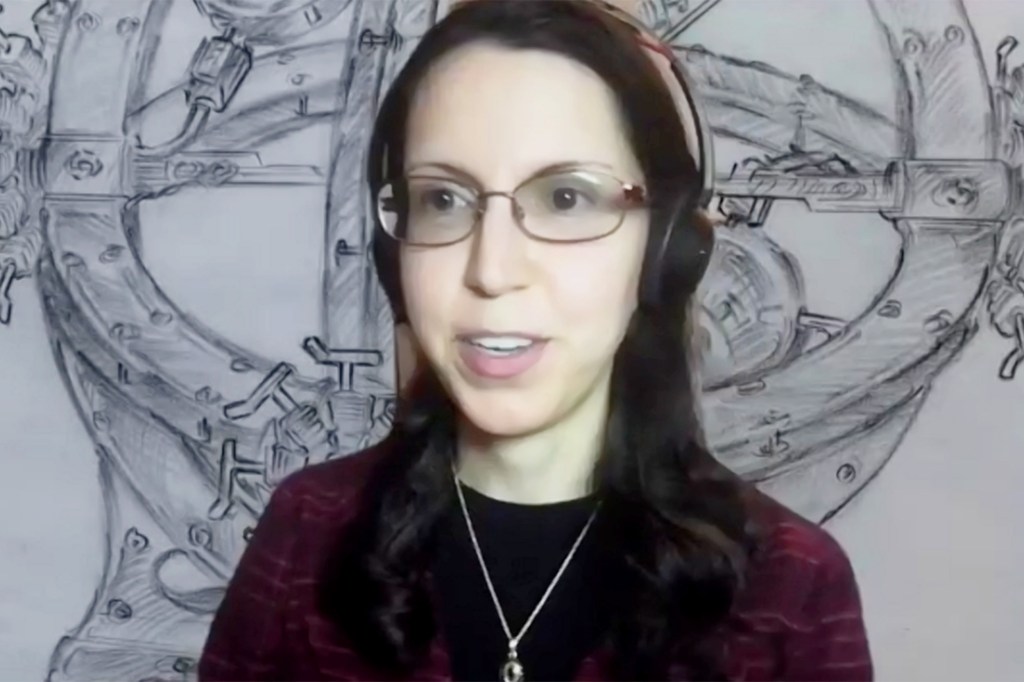
-
What’s a little envy between friends?
The feeling can eat you alive — but only if you let it

-
Anthropologist describes supernatural adventures
Studying the paranormal can contribute to anthropology, says Jack Hunter in Harvard talk.
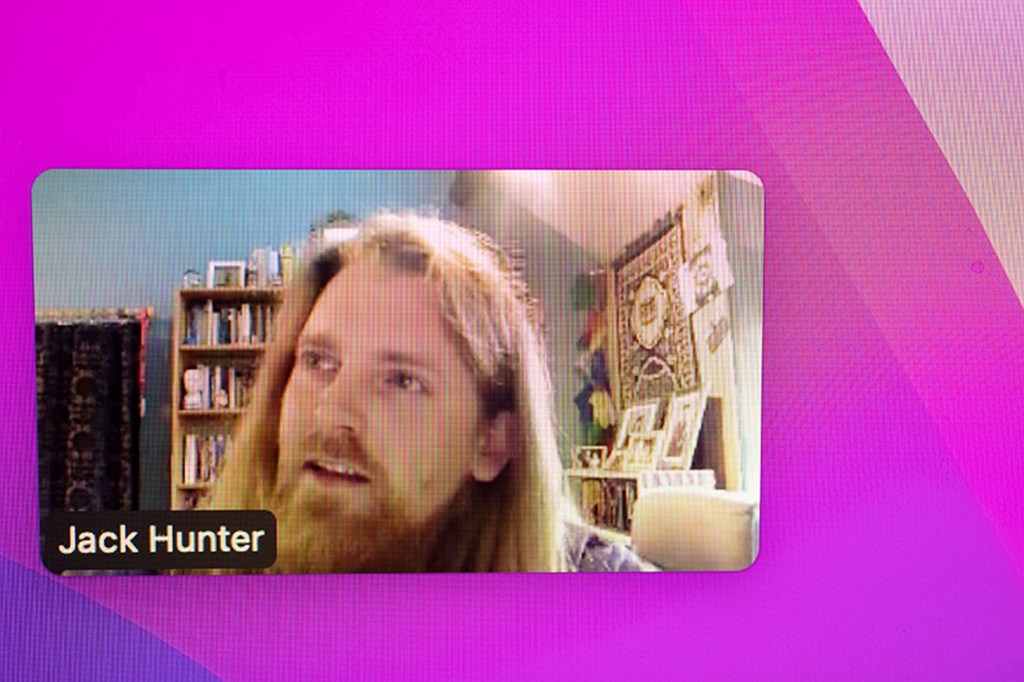
-
A glimpse into the universe’s first light
Using one of the world’s largest supercomputers, high-resolution simulations were created that show 1 million galaxies forming some 13 billion years ago.
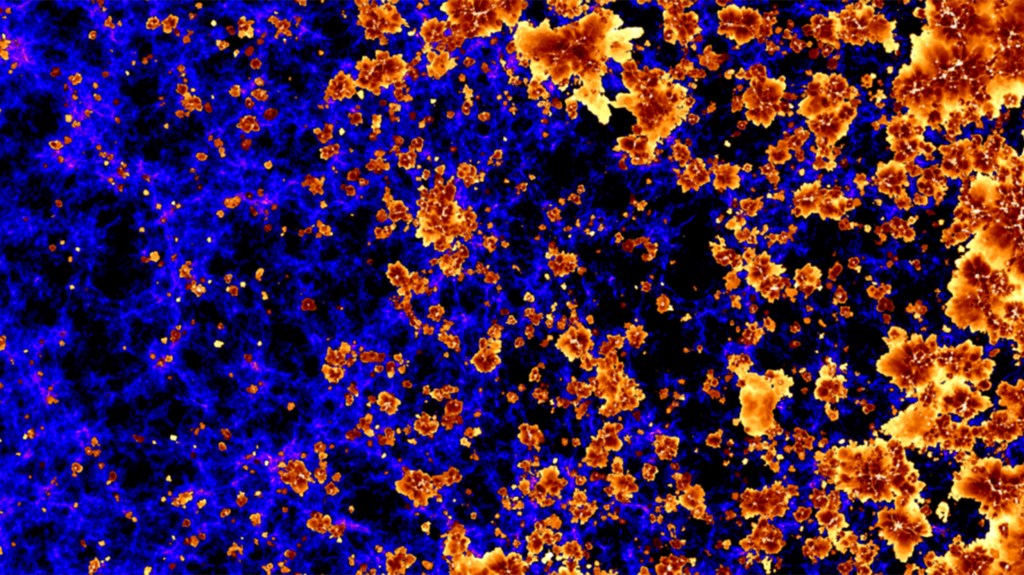
-
Unlocking potential of quantum technologies
Chemical biology professor works to crack secrets of new states of matter.
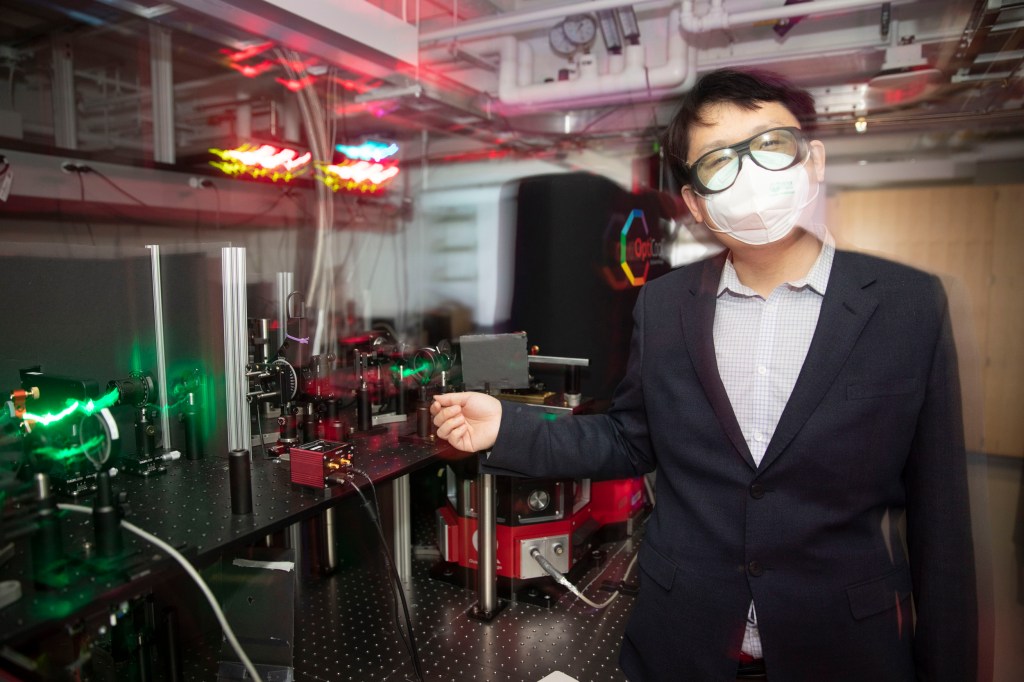
-
Yes, cat is both dead, alive
Jacob Barandes’ new class combines philosophy and physics to look at quantum theory.
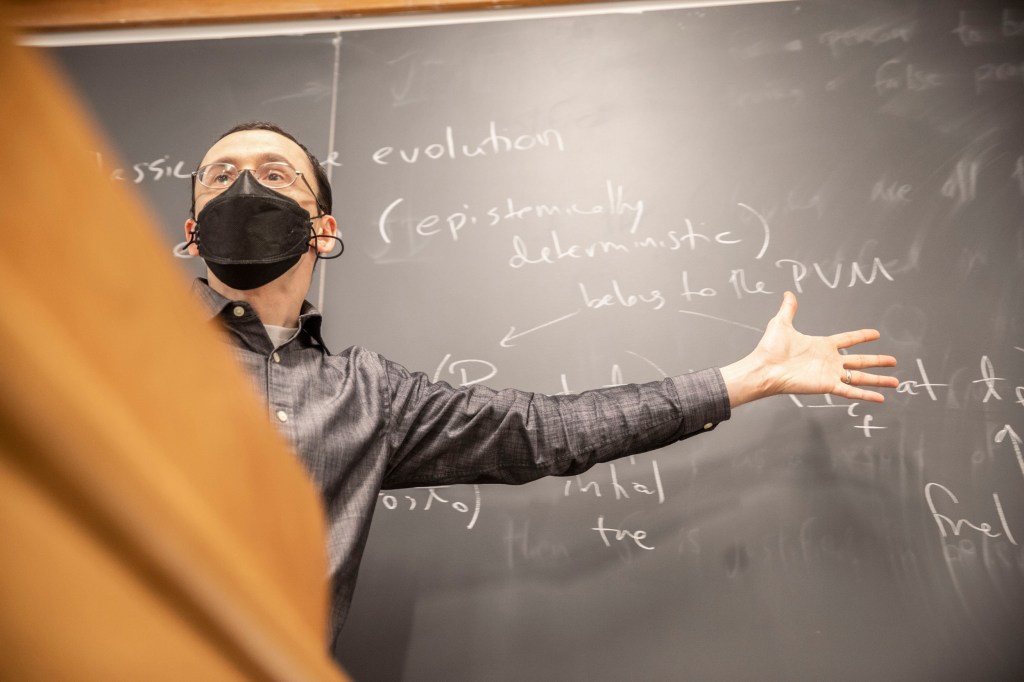
-
Oh, if I could talk to the aliens
Harvard astrophysicist and psychologist explore the possibility of life beyond our solar system and what to do should aliens arrive on Earth ready to engage.
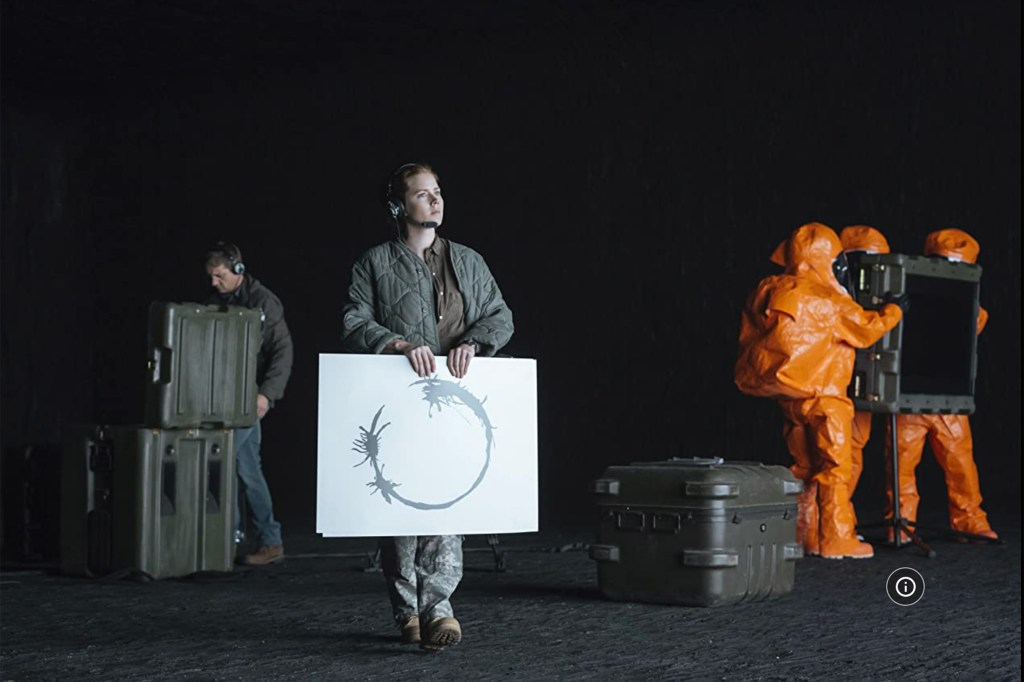
-
With a tip of hat to Stephen Jay Gould
Research done at Harvard unveils only the second “weird wonder” fossilized Opabinia, first popularized by the late evolutionary biologist.
